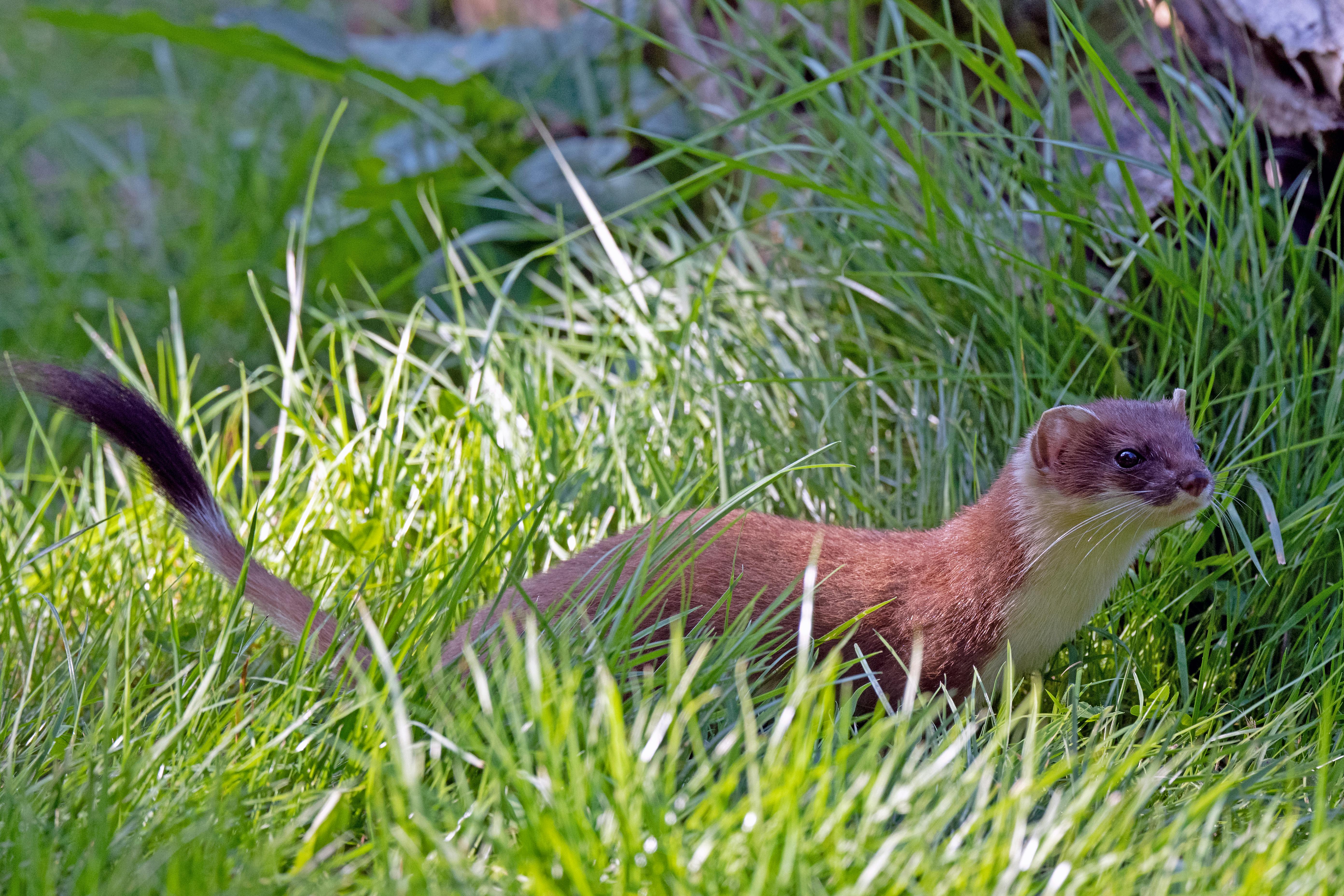Rediscovering the Domesticated Ferret: A Comprehensive Look into the World of These Tiny Carnivores
Introduction: Meet the domesticated ferret, a small, playful, and intelligent creature that is gaining popularity as a household pet. This article will delve into the fascinating world of these tiny carnivores, exploring their history, current trends, and their impact on the pet market. Ready to learn more about your potential new furry friend? Let's dive in.

A Journey Through History: The Domestication of Ferrets
The history of the domesticated ferret is a tale as old as time, with roots tracing back to ancient civilizations. Originally bred from the European polecat, ferrets were used as pest control, helping to keep rat populations in check. Throughout history, their reputation evolved from working animals to beloved pets, particularly in the 20th century when they began to gain popularity in American households.
Ferrets in the Modern Age: Current Trends and Popularity
Nowadays, ferrets are cherished for their playful nature and endearing personalities, finding a place in the heart and homes of many pet enthusiasts. Recent statistics indicate a rise in ferret ownership, with the American Veterinary Medical Association estimating over 334,000 households in the US alone owning ferrets. This increase in popularity is also reflected in the surge of ferret-related content on social media platforms, further highlighting their widespread appeal.
Market Impact: The Ferret Industry
The rise of ferret ownership has significantly impacted the pet market, leading to an increased demand for ferret-specific products. From specially designed toys to high-protein diets, the market for ferret products is thriving. Prices typically range from $10 for basic toys to $200 for advanced, multi-tiered ferret cages, indicating a healthy and growing industry catering to ferret care.
Debunking Myths: Ferret Facts Backed by Research
Despite their popularity, ferrets are often misunderstood. Contrary to popular belief, ferrets are not rodents but belong to the mustelid family, which includes otters and badgers. They are obligate carnivores, requiring a diet rich in meat. While they’re known for their playful and mischievous nature, they also require plenty of rest, sleeping up to 14 hours a day. Understanding these facts can help potential owners provide the best care for their ferret.
Balancing Knowledge: Making Complex Topics Accessible
While owning a ferret can be a rewarding experience, it’s essential for potential owners to understand their needs. Though they are small, ferrets require a lot of attention and care. They thrive in environments where they can explore and play, and they need a diet high in protein. Understanding their behavior, dietary needs, and other requirements can help ensure a happy and healthy life for these delightful pets.
In conclusion, the domesticated ferret, with its rich history and increasing popularity, offers a unique and rewarding pet ownership experience. By understanding their needs and providing the right care, these playful creatures can bring endless joy and companionship into any home.




